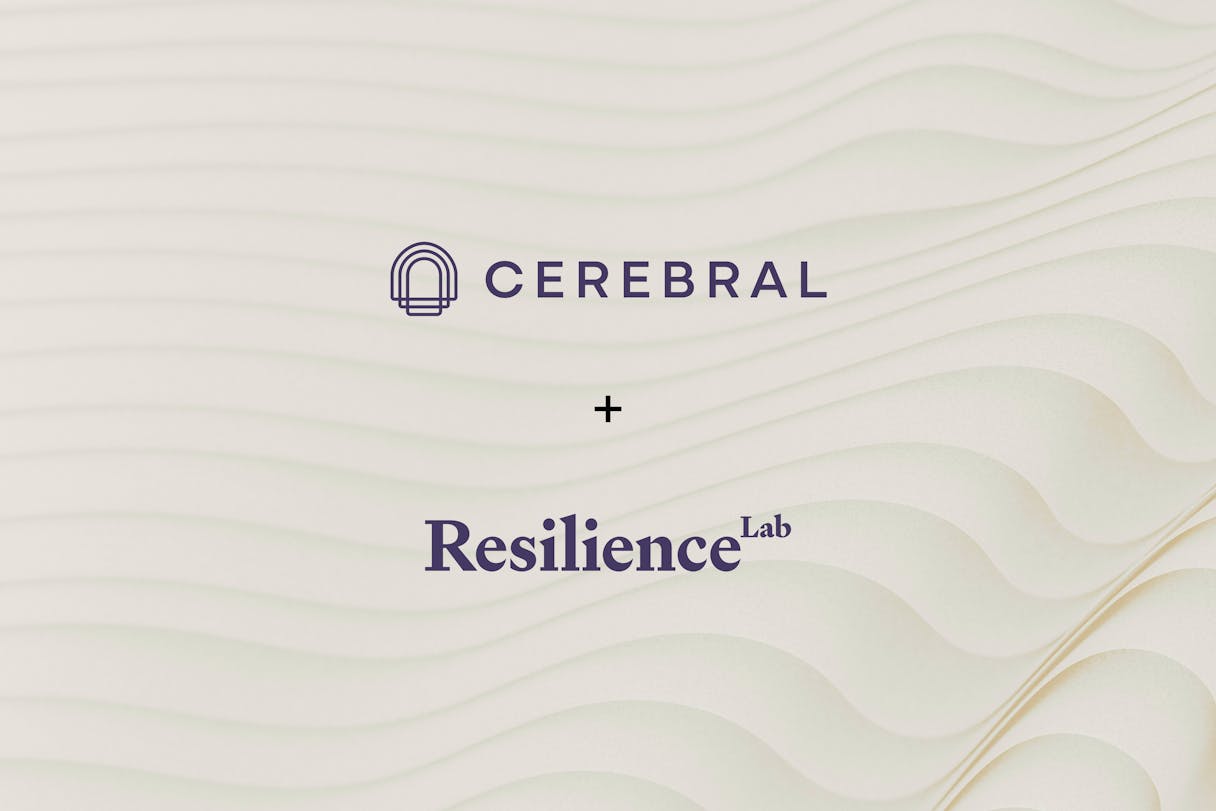Veterans face a unique set of challenges upon ending active duty, with caring for their mental health as arguably the most significant. Traumas they may have experienced while deployed don’t simply disappear once they take off their uniform. Veterans may suffer any one of numerous invisible wounds during service or while reintegrating back into civilian life. For example, nearly 1 in 3 are reported to struggle with PTSD. And the National Alliance on Mental Illnesses (NAMI) reports veterans are five times more likely to have depression than non-veterans.
Unfortunately, many barriers stop veterans from seeking the mental health services they need to overcome their challenges and lead happier lives. In this article, we explore the barriers veterans face in getting proper treatment and how Cerebral is expanding access to online care to better serve those who served our country.
Barriers to accessing mental health services
Military servicemembers report facing stigma when trying to address their mental health issues. In a study involving active-duty military soldiers, 44.2% of participants admitted to being deterred from seeking mental health services due to fear of how their unit leadership might perceive them. Additionally, 42.9% expressed concern about being viewed as weak by their peers. As a result, many current and former soldiers suffer in silence. But that’s not all.
Research highlights that a staggering 70% of veterans avoid seeking mental health services out of fear of being diagnosed with a mental illness. This fear serves as yet another barrier to veterans achieving mental wellness.
Veterans not only face a higher risk of experiencing PTSD compared to the general population but also encounter distinct challenges in accessing adequate treatment. These challenges involve prerequisites such as needing an honorable or general discharge to access Department of Veterans Affairs (VA) medical benefits and extended waiting lists at VA medical centers.
A study by the RAND Center for Military Health Policy Research found that less than half of returning veterans in need of mental health services actually receive any treatment. Additionally, of those undergoing treatment for PTSD and major depression, less than one-third are receiving evidence-based care.
Online care expands access to mental health services for our heroes
Cerebral’s mission is to provide high-quality, affordable mental health services to all. In support of that objective, we’re launching our Cerebral Heroes program which expands access to life-changing care to America’s heroes. Veterans, active duty service members, and their families can join to receive professional therapy and medication management—100% online.
The online nature of Cerebral brings a transformative advantage to our heroes by providing virtual access to mental health professionals. This approach eliminates geographical constraints, enabling individuals to connect with a broader range of specialized therapists and medication prescribers from the comfort of their homes. For those in remote areas or facing mobility challenges, this virtual accessibility is a game-changer, ensuring they receive high-quality care regardless of location. The convenience of virtual meetings also addresses the often-cited barrier of time constraints for veterans and active-duty members.
Moreover, our online platform offers a level of privacy that is particularly crucial for those dealing with the stigma surrounding mental health in military communities. By conducting sessions from the privacy of their own space, individuals can seek the support they need without the fear of judgment, fostering a more open and confidential environment for their mental health journey.
And when it comes to efficacy, research published by the Journal of Clinical Psychology found that virtual therapy sessions were equally as effective as standard in-person treatment, and led to a significant reduction in PTSD symptoms.
Exclusive savings on our mental health services
All of Cerebral’s subscription plans are cost-effective and insurance-free, so patients can affordably access the help they need without complicated bureaucracy. And under our Cerebral Heroes program, we now offer veterans, active military, and their families exclusive savings of 15% off any Cerebral plan when using discount code HERO at checkout. It’s our way of serving those who served our country.
Join Cerebral today and start your journey to better mental health and a happier life.

Our Care: The Resilience Methodology

A New Era of Mental Healthcare: How Cerebral Is Expanding High-Quality, Personalized Care

6 Self-Care Tips for Stress and Burnout Recovery

Call 911 if you’re having a
mental health emergency
Text Home to 741-741 if you're in emotional
distress and need immediate support
Call or text 988 Suicide &
Crisis Lifeline. Chat service
is available at 988lifeline.org.
